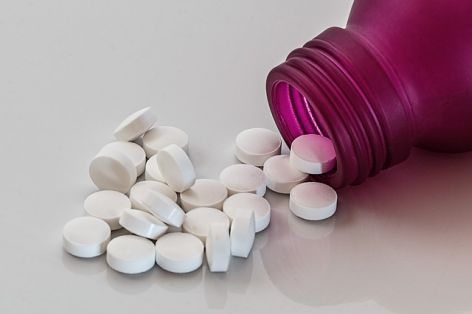Every year thousands of people successfully combat addiction. In the months and years following treatment, some of these people relapse, returning to substance abuse. The word “relapse” means “to fall again,” and it’s a possibility all recovering addicts face.
In November of 2012, police laid DUI charges against an addiction counselor from Torrance, California. Tragically, while driving she struck and killed a pedestrian. The media latched onto the apparent irony of a counselor relapsing, as if her training gave her some special protection. Anyone recovering from addiction can relapse, no matter his or her circumstances. It’s important, however, to remember two facts. You might never experience relapse: it’s not inevitable. Additionally, relapse is a setback, not a failure. You can recover from relapse.
Defining Relapse
Substance abuse is a chronic disorder. Addiction clinics help you manage the disorder, teaching you coping strategies, stress management skills and alternatives to substance abuse. Unfortunately, a chronic disorder cannot be cured. Treated and controlled, but not cured. The chronic nature of substance abuse disorders explains why some people refer to themselves as recovering alcoholics rather than recovered or cured alcoholics. The potential to return to addictive behavior always remains. Individuals sometimes consider any substance use as a relapse. Medical professionals, however, define relapse as a return to heavy or destructive substance abuse.
Relapse Risk Factors
A wide range of factors determines your relapse risk, including stress, depression, physical or mental cravings and co-existing medical disorders. If you suffer from schziophrenia or bipolar disorder, for instance, your risk of relapse is higher than normal. Negative life events, such as job loss, divorce and illness all increase relapse rates. Apparently positive events may also trigger relapses. For instance, marriages, family gatherings and holidays are enjoyable events, but such events often include easy access to alcohol and pressure to drink. The abused substance itself affects the likelihood of relapse. Some substances, such as powerful opiates, have relatively high relapse rates. Remember, a high relapse rate doesn’t mean you’ll relapse, only that the possibility of relapse exists and should be taken seriously.
Responding to Relapse
If you do relapse, it’s vitally important to seek help from addiction treatment facilities immediately. Addiction centers teach you how to control the physical or emotional triggers responsible for the relapse. Depending on the substance involved, you may need detox treatment in a safe, secure environment. Prevention is, of course, better than reaction when it comes to relapse. If you can identify conditions increasing the chance of relapse, you can seek help before the situation gets out of hand. Call your therapist or addiction center and let them know you’re at risk. They’ll be able to help. Supportive friends and family help you get through times when relapse is tempting, especially if they understand your potential triggers. Addiction support group members often have sponsors, members of the group you call when relapse looms. Relapse does not mean you’ve failed or that treatment was ineffective. A relapse is a stumbling block, certainly, but it’s not the end of the road. With the help of addiction centers, people recover successfully from relapses every day and continue their journey to lifelong recovery. (Photo via)

